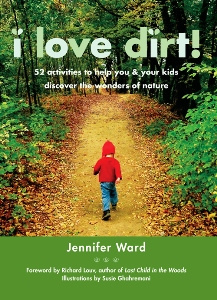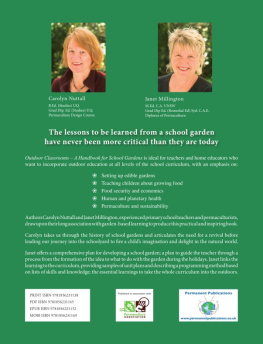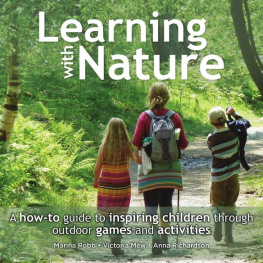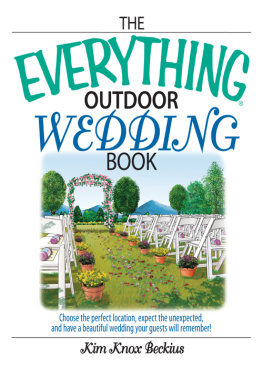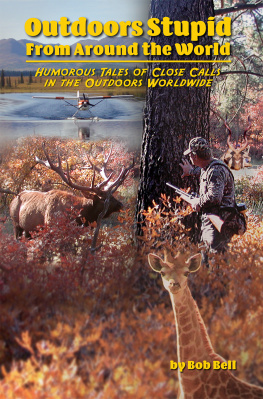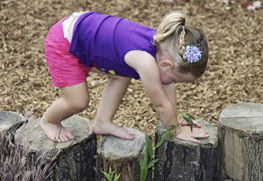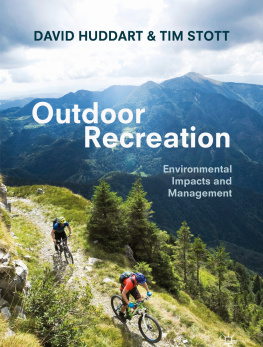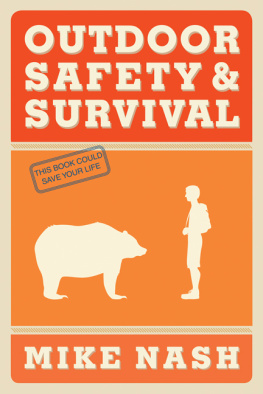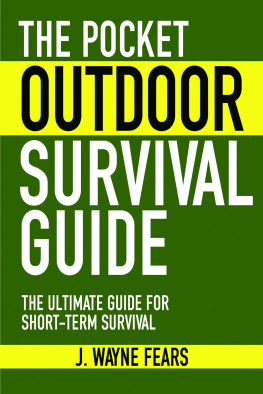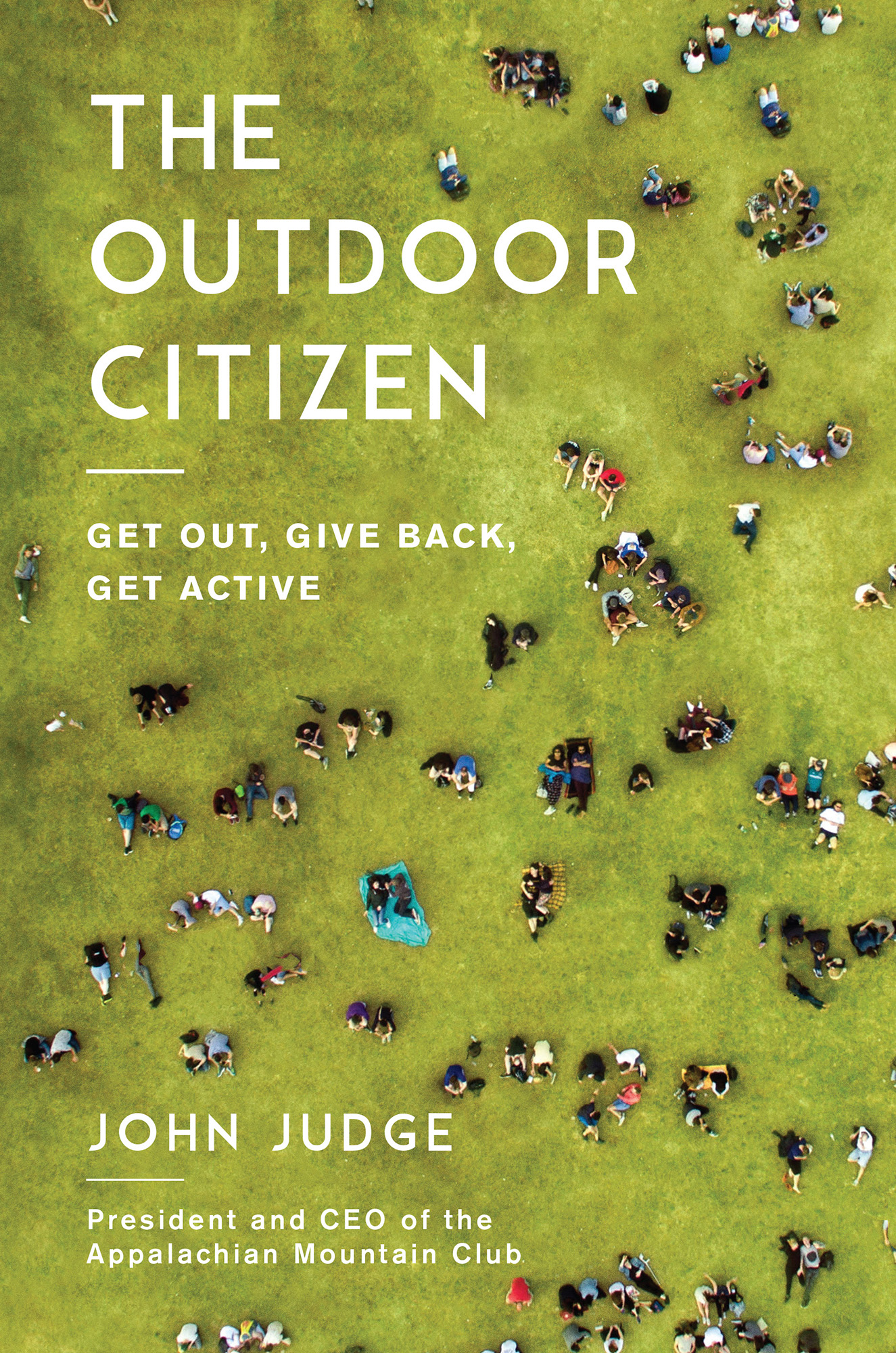THE
OUTDOOR
CITIZEN
THE
OUTDOOR
CITIZEN

GET OUT, GIVE BACK,
GET ACTIVE
JOHN JUDGE

President and CEO of the
Appalachian Mountain Club

The Outdoor Citizen: Get Out, Give Back, Get Active
Text and illustrations copyright 2019 by John Judge
All rights reserved. No part of this book may be used or reproduced in any manner whatsoever without the written permission of the publisher, except in the case of brief excerpts in critical reviews or articles. All inquiries should be sent by email to Apollo Publishers at info@apollopublis hers.com.
The opinions and ideas expressed in this book are solely those of John Judge and not the Appalachian Mountain Club. The Appalachian Mountain Club photo archives are the property of the Appalachian Moun tain Club.
Apollo Publishers books may be purchased for educational, business, or sales promotional use. Special editions may be made available upon request. For details, contact Apollo Publishers at info@apollopubli shers.com.
Visit our website at www.apollopubli shers.com.
Library of Congress Cataloging-in-Publication Data is availabl e on file.
Print ISBN: 978-1-9 48062-18-3
Ebook ISBN: 978-1-9 48062-19-0
Printed in the United States o f America.
The wood used to produce this book is from Forest Stewardship Council (FSC) certified forests, recycled material, or controlled wood. Controlled wood c annot be:
T o my wife, Molly, for her belief in me and encouragement of my Outdoor Citizenship, and for all of those along my outdoor journey who have helped instill in me a love of nature.
Contents
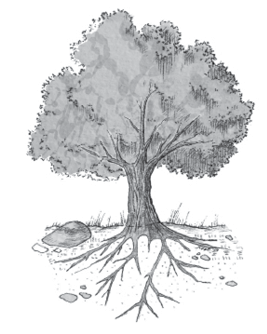
Preface
Embarking on an Outdoor Journey

S tep onto your favorite trail, kayak a winding river, or immerse yourself in the beauty of your local park, and youll feel ita cool rush of calm, a gentle wave of connectivity, a sense of inclusion in the bounty that surrounds you. In the craziness of modern life, a whirlwind of daily responsibilities, time enjoying the outdoors can offer more than just a breath of fresh air; it can be calming, healing, and restorative. It can also cause a sense of awe, a feeling of being in the presence of something much greater than ourselves.
Ive had the good fortune of being able to enjoy the outdoors my whole life. I developed a love for the outdoors as a child. When our small house began to feel too small, and my parents began to lose patience, wed hear the command, Get out! It was a call for us kids to go outside and play, to give my parents space in order to preserve their sanity. My dad was a former drill sergeant in the US Marine Corps, and during his time there he developed a perfect ominous pitch; when he bellowed at us to get out, we knew we had to follow orders. In retrospect I have a great appreciation for this. My parents wanted us out of their hair and inadvertently inspired in us a lifelong appreciation of the outdoors.
Outside our home was a simple 100-year-old stone wall that separated our backyard from a small piece of conservation land that my siblings and I called the woods. At five years old, I began climbing over the wall, escaping into the bounty that lay past it. The woods had everything a kid needed for an adventure: downed trees, skunkweed, prickly bramble, and a babbling brook. At the time I didnt know how lucky I was to have access to this space, but in retrospect I realize how perfect a place it was to explore, imagine, and learn. The time outside significantly bolstered our physical and emotional health. We had regular access to fresh air, exercise, and the mood-boosting benefits of sunshine. During this time, I realized how much fun I had working in and tending to nature, playing a small part in the stewardship of the woods. These childhood adventures instilled in me a fierce desire to help others also enjoy the natural world, and a drive to protect outdoor spaces for families the world over.
Today I am the president and CEO of the Appalachian Mountain Club (AMC), a position Ive held since 2012. The AMC opened its doors in 1876 and is Americas oldest conservation and outdoor recreation organization, sharing the bounty of the outdoors with hundreds of thousands of members, guests, constituents, and supporters. Through the AMCs work and the work of other venerable outdoor organizations, people from cities, suburbs, and rural areas have the chance to fall in love with nature. Ive had the privilege of seeing firsthand how strong connections with the outdoors empower people and benefit our planet.
My love of the outdoors has taken me all over the world, and Ive seen a wealth of jaw-dropping natural beauty. Ive taken sunrise hikes in Yosemite National Park; gone backcountry Nordic skiing in Colorados Collegiate Peaks (near Vail); snorkeled at dusk in the Maldives; paddled a canoe in Maines wilderness; Alpine skied in Chamonix, France; gone horseback riding in Colorado; cycled through New York Citys Central Park; and hiked hut to hut through the White Mountain National Forest in New Hampshire. Nature is so magnificent, so capable of changing our lives for the better, and yet, tragically, so few people enjoy it. Fewer and fewer people have a meaningful, fulfilling relationship with the outdoors.
Todays technology-laden world is radically different from the one our parents and grandparents grew up in, and, for some of us, even from the world of our own childhood. While my free time was spent playing outside, recreation today is more focused on being entertained indoors: by television, social media, video games, apps, smart speakers, and a seemingly endless array of new electronic gadgets. There may soon be augmented reality headsets in every household, and who knows what the must-have devices will be down the road? Technology has become the default tool for entertainment.
As we step away from the outdoors and grapple with an increasingly pervasive virtual world, we not only lose touch with something that transforms our lives for the better and has always been tied to humankinds survival, but we also put our planet at risk. As weve focused on the indoors instead of the outdoors, weve entered a new climate change epochand were now nearing a time when we will not be able to undo the damage being done to our planet.
When I think about the world that todays children are growing up in, and the one that future generations will be born into, my daughternow three years oldis at the forefront of my mind. I often ask myself what her relationship with the outdoors will be in the space-age world of 2066, when shes fifty. There is enormous positive potential in the discoveries of tomorrowthings like advances in personalized medicine, synthetic biology, automated work, machine learning, and morebut there are also great threats. If we focus too much on technology, or misuse it, how might humanity and the planet be threatened?


